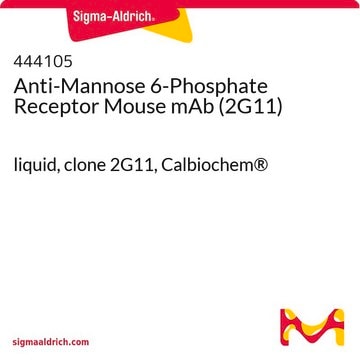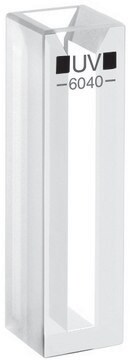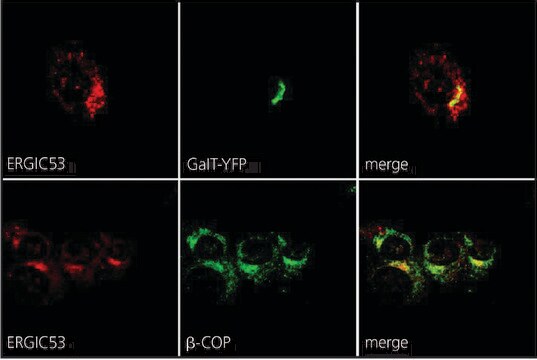ZRT1327
Anti-LAG3 Antibody, clone C9B7W ZooMAb® Rat Monoclonal

recombinant, expressed in HEK 293 cells
Synonym(s):
Activation-induced cytidine deaminase-linked autoimmunity protein, Aida, CD223, Lymphocyte activation gene 3 protein
About This Item
Recommended Products
biological source
rat
Quality Level
recombinant
expressed in HEK 293 cells
conjugate
unconjugated
antibody form
purified antibody
antibody product type
primary antibodies
clone
C9B7W, recombinant monoclonal
description
recombinant, expressed in HEK 293 cells
product line
ZooMAb® learn more
form
lyophilized
purified by
using protein G
species reactivity
mouse, human
packaging
antibody small pack of 25 μL
greener alternative product characteristics
Waste Prevention
Designing Safer Chemicals
Design for Energy Efficiency
Learn more about the Principles of Green Chemistry.
enhanced validation
recombinant expression
Learn more about Antibody Enhanced Validation
sustainability
Greener Alternative Product
technique(s)
ELISA: suitable
affinity binding assay: suitable
western blot: suitable
isotype
IgG1
epitope sequence
Extracellular domain
Protein ID accession no.
UniProt accession no.
greener alternative category
shipped in
ambient
storage temp.
2-8°C
General description
Specificity
Immunogen
Application
Evaluated by Western Blotting with recombinant Muse LAG3
Western Blotting Analysis: A 1:1,000 dilution of this antibody detected recombinant extracellular domain (D1-D4) of Mouse LAG3 fused to the Fc portion of Mouse IgG2a.
Quality Control Testing
Evaluated by Western Blotting with recombinant Mouse LAG3
Western Blotting Analysis: A 1:1,000 dilution of this antibody detected recombinant extracellular domain (D1-D4) of Mouse LAG3 fused to the Fc portion of Mouse IgG2a.
Tested Applications
Western Blotting Analysis: A 1:1,000 dilution from a representative lot detected LAG3 in Hut-78 cell lysate.
Enzyme Immunoassay (ELISA) Analysis: A serial of dilutions from a representative lot detected recombinant Mouse LAG3 protein..
Affinity Binding Assay:: A representative lot of this antibody bound recombinant Mouse LAG3 protein with a KD of 3.2 x 10-6 in an affinity binding assay.
Note: Actual optimal working dilutions must be determined by end user as specimens, and experimental conditions may vary with the end user.
Target description
Physical form
Reconstitution
Storage and Stability
Other Notes
Legal Information
Disclaimer
Not finding the right product?
Try our Product Selector Tool.
Storage Class
11 - Combustible Solids
wgk_germany
WGK 1
flash_point_f
Not applicable
flash_point_c
Not applicable
Certificates of Analysis (COA)
Search for Certificates of Analysis (COA) by entering the products Lot/Batch Number. Lot and Batch Numbers can be found on a product’s label following the words ‘Lot’ or ‘Batch’.
Already Own This Product?
Find documentation for the products that you have recently purchased in the Document Library.
Articles
Learn about the hallmarks of cancer and find reliable ZooMAb® recombinant antibodies to study them, conveniently organized by cancer hallmark.
Our team of scientists has experience in all areas of research including Life Science, Material Science, Chemical Synthesis, Chromatography, Analytical and many others.
Contact Technical Service






